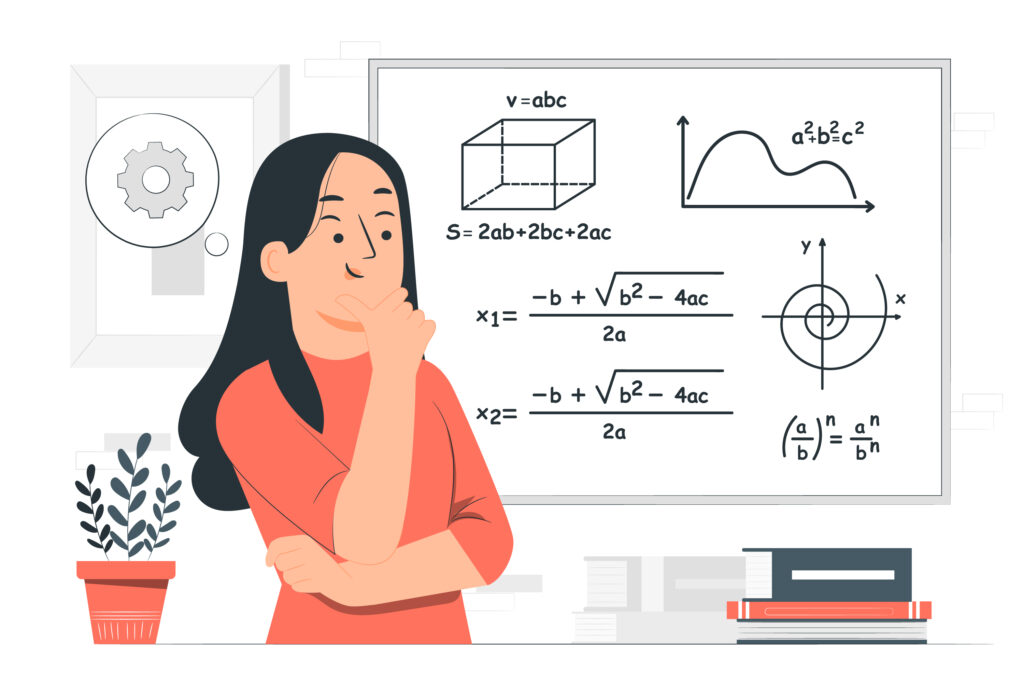
In the time before the mathematical idea of randomness was discovered, people thought that everything that happened was part of the will of supernatural beings, the gods, who looked down upon human affairs and decided to ‘tip the balance’ one way or another to influence events. Hence, sacrifices were made and rituals performed to discover the ‘will of the gods’ or to try to influence human affairs. This idea still prevails, and many people all over the world use lucky charms, engage in superstitious practices, use horoscopes, and still have some kind of belief that there are such ways of influencing their lives. The gods may be dead, but ‘Lady Luck’ still survives.
The astragalus is a small bone, about an inch cube, found in the heel of hoofed mammals. Astragali have six sides but are not symmetrical, so there is no way of knowing which way they will eventually come to rest. For many ancient civilizations, astragali were used by priests to discover the opinions of their gods. It was customary in divination rites to roll, or cast, five astragali. Typically, each possible configuration was associated with the name of a god and carried with it the sought-after advice.
Showing the four positions of rest. The small one in the foreground is made from pottery. Astragali found in excavations typically have their sides numbered or engraved. They were also used in board games in the First Dynasty in Egypt, c 3500 BCE; archaeological evidence consists of boards, counters, and astragali for various games, including one similar to Snakes and Ladders, still popular today.
Once the Greeks had worked out the geometry of the polyhedra, dice of other shapes began to be constructed. However, whether cube or polyhedral, the shapes were not entirely regular and were therefore biased.Over time, gamblers would get used to using the same dice, and have an intuitive idea of how they would fall, but given another set of dice, the odds would be different. Later, as the manufacture of dice became more exact, some ideas of the possible combinations of number began to emerge.
